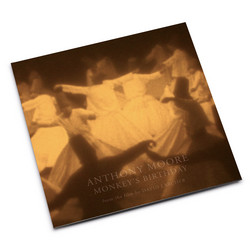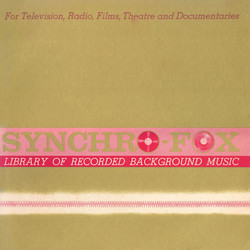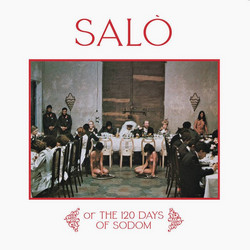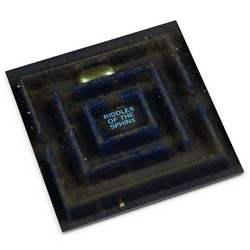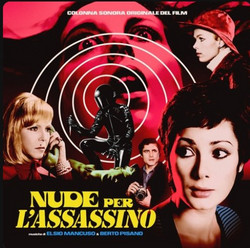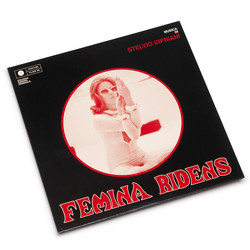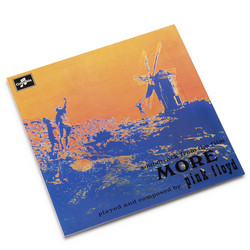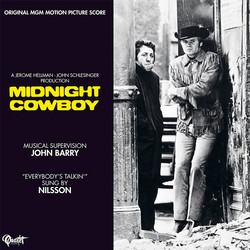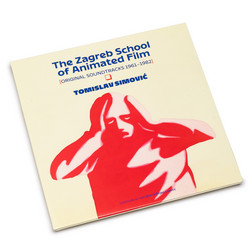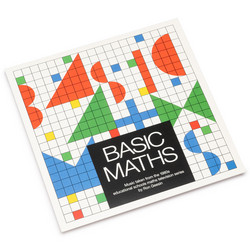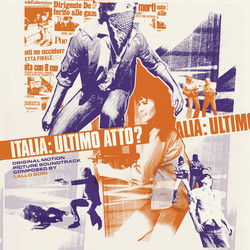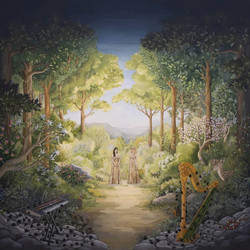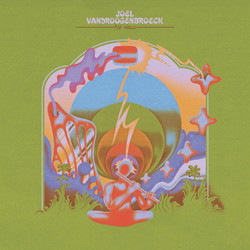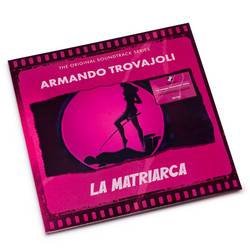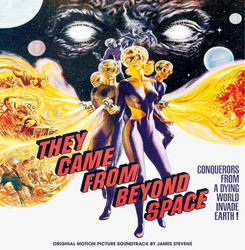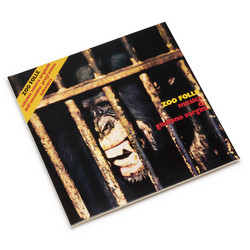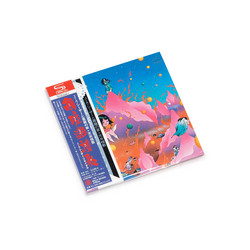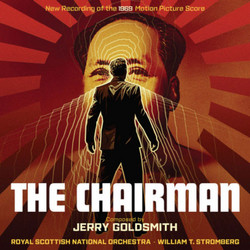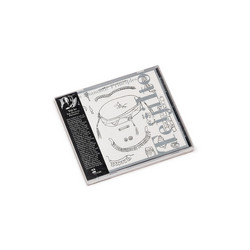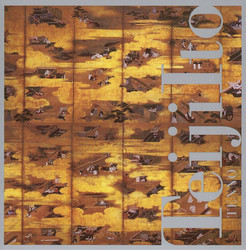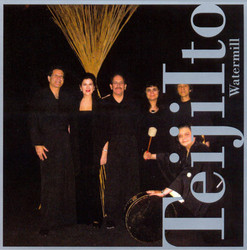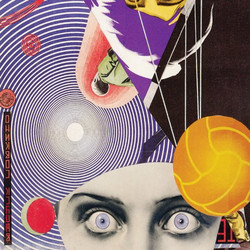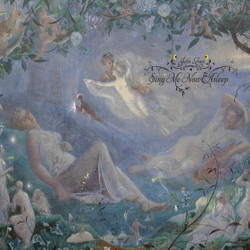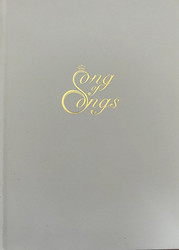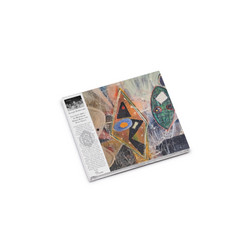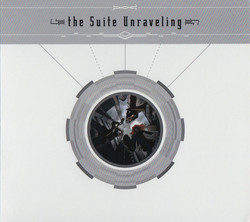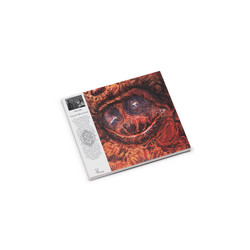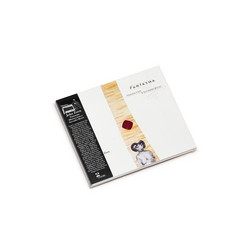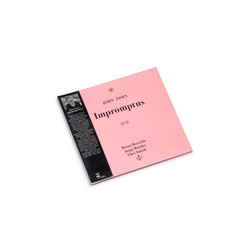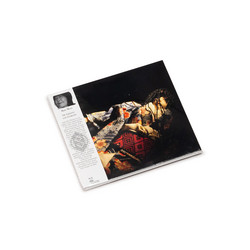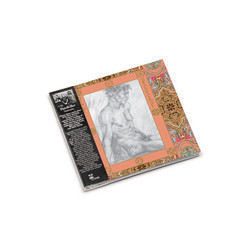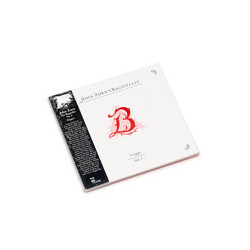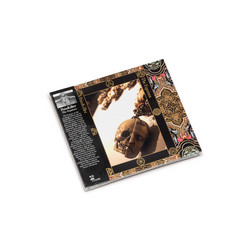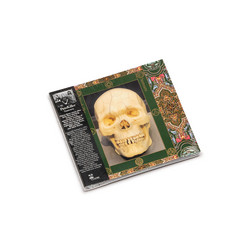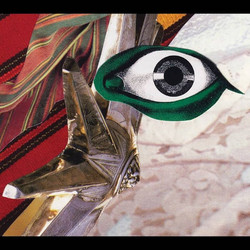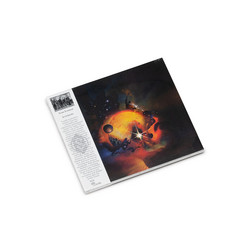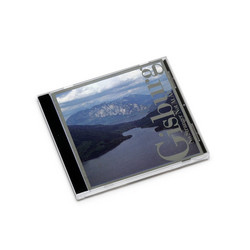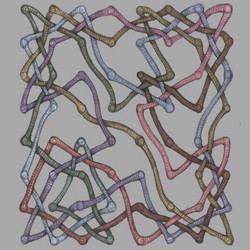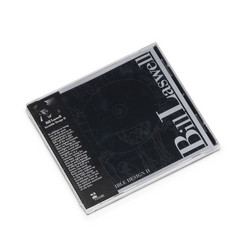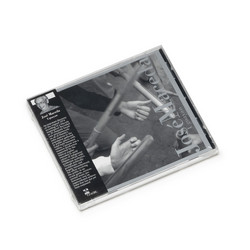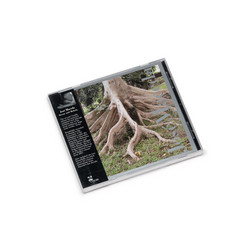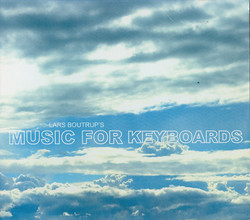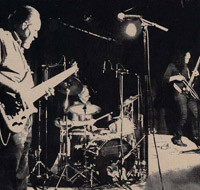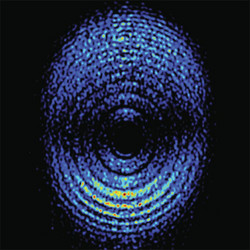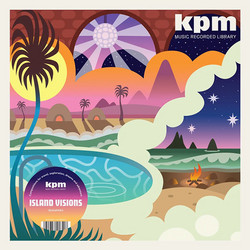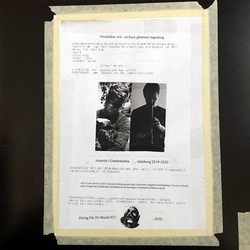Teiji Ito (January 22, 1935 – August 16, 1982) was a Japanese-born American composer and performer best known for his scores for the avant-garde films by Maya Deren. This comprehensive collection, Music For Maya, presents the film music of one of the most innovative composer-filmmaker partnerships of the 20th century, showcasing Ito's revolutionary approach to cinematic sound. Ito was born in Tokyo, Japan to a theatrical family. His mother, Teiko Ono, was a dancer and his father, Yuji Ito, was a designer and composer. His family moved to the United States when he was six. Preternaturally talented, he was composing for Deren's films by the age of seventeen, beginning with "The Very Eye of Night" and continuing until her death in 1961.
He met Deren during this formative period and in 1955, traveled with her to Haiti, where Ito studied under a master drummer. This experience would profoundly influence his multicultural approach to composition. Ito would later compose the score for Deren's Meshes of the Afternoon at her request, creating one of the most influential experimental film scores ever recorded.
The collection spans recordings from 1952 to 1967, documenting Ito's work not only with Deren but also with other experimental filmmakers including Marie Menken, Ed Emshwiller, and Alexander Hammid. All music was composed, performed and recorded in the studio he shared with Deren at 61 Morton Street, NYC. This intimate creative environment fostered a unique artistic symbiosis that would influence generations of film composers.
Ito's music draws from influences across the world, with the composer recording and manipulating all of his own scores using sounds he created himself. Percussion forms a strong element, rooted in his childhood experience accompanying Japanese and Korean dance performances and his later training with master drummers in Haiti. The complete score to Meshes of the Afternoon, originally reconstructed in 1996, features all the music recorded for the film and includes multiple takes, whispered directions by Deren, and moments of music ultimately never used in the final cut.
Beyond cinema, Ito won an Obie Award for his scores during the 1960-1961 off-Broadway season, with productions including Brecht's In the Jungle of Cities, King Ubu, and Three Modern Japanese Plays. His influence extended into theater and dance, establishing him as a key figure in New York's avant-garde scene.
